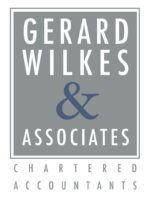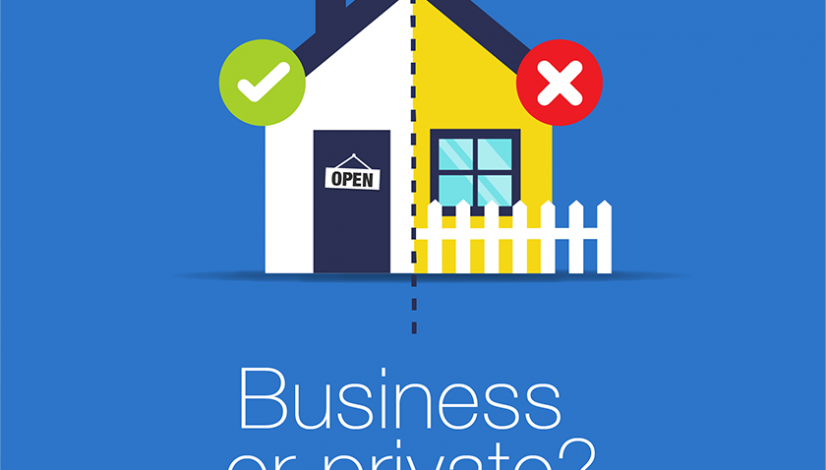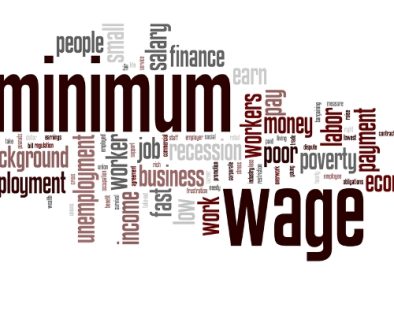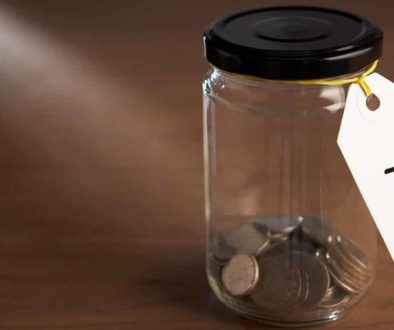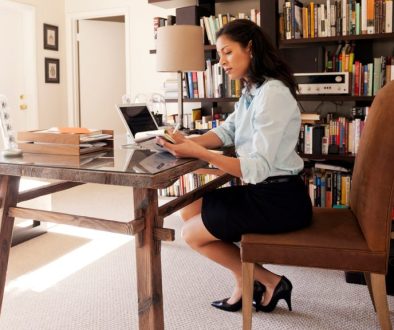Claiming a tax deduction for expenses for a home-based business
This is a relevant read for business/home owners. Any further questions give the GWa Team a call!!Whether you run an online store, plumbing business, or photography studio, if your business is based at home you may be able to claim the business portion of some associated expenses. What you can claim depends on your business structure, and whether part of your house is a ‘place of business’.
If you operate some or all of your business from your home, you may be able to claim tax deductions for home-based business expenses in these categories:
- occupancy expenses (such as mortgage interest or rent, council rates, land taxes, house insurance premiums)
- running expenses (such as electricity, phone, decline in value of plant and equipment, cost of repairs to furniture and furnishings, cleaning)
- the expenses of motor vehicle trips between your home and other places, if the travel is for business purposes.
For a summary of this content in poster format, see Home-based business expenses (PDF 391KB)This link will download a file.
When you sell your home you may have to pay CGT.
It’s important to keep the right records to work out your deductions or CGT.
If you’re entitled to goods and services tax (GST) input tax credits, you must claim your deduction in your income tax return at the GST exclusive amount.
On this page:
What a home-based business is
A home-based business is one where your home is also your principal place of business – that is, you run your business at or from home, and have a room or space set aside exclusively for business activities.
A home-based business can be run:
- at home – that is, you do most of the work at your home. An example is a dressmaker who does all their work at home, with clients coming to their home for fittings.
- from home – that is, your business doesn’t own or rent a separate premises. An example is a tiler who does all their work on clients’ premises but does all their record keeping, and stores all their tools and supplies, at home.
If your home is not your principal (or main) place of business but you do some work from home, you may still be able to claim a deduction for some of your expenses relating to the area you use.
| Industry | Occupation |
|---|---|
| Accommodation, cafes and restaurants | Bed and breakfast operator, caterer, campground owner |
| Agriculture, forestry and fishing | Shearer, market gardener |
| Communication services | Mail service provider, web designer, desktop publisher, graphic designer |
| Construction | Bricklayer, plumber, carpenter, tiler, fencer, electrician, builder, engineer, draftsperson, cabinetmaker, woodworker |
| Cultural and recreational services | Film editor, sound recordist, artist, musician, piano tuner |
| Education | Tutor, lecturer, music teacher |
| Finance and insurance | Financial adviser, consultant, accountant, bookkeeper, insurance broker |
| Health and community services | Dietician, chiropractor, counsellor, physiotherapist, psychologist, massage therapist |
| Personal and other services | Personal trainer, photographer, hairdresser, beautician, child-minder, dressmaker, event manager, cake decorator, jeweller, pet groomer |
| Property and business services | Plant hire or leasing operator, architect, surveyor, interior decorator, house painter, cleaner, gardener, service and repair operator, sign-writer, tree lopper |
| Transport and storage | Courier, freight carrier, removalist |
| Wholesale and retail trade | Fresh fruit wholesaler, confectionery supplier, florist, watchmaker, party-plan operator, telemarketer |
Type of business structure
If you carry on a home-based business, you need to use the right method to calculate your expenses, based on your business structure.
